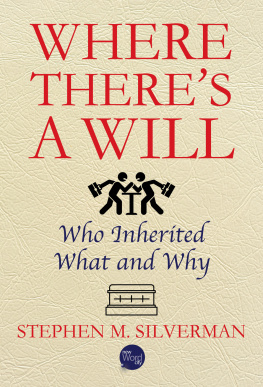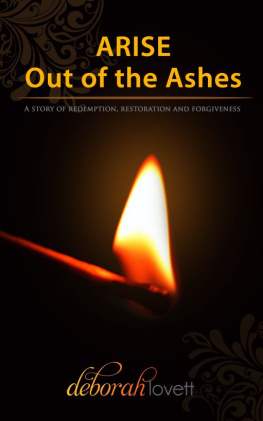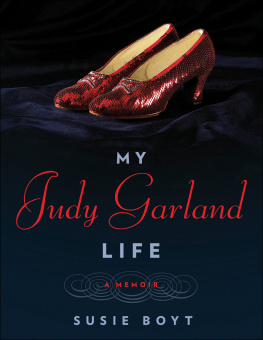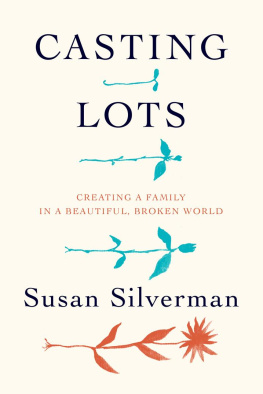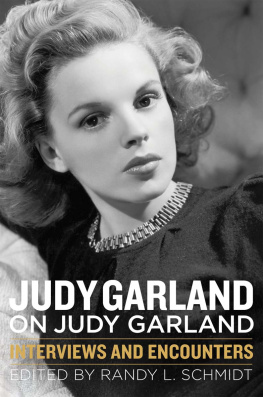For invaluable assistance, generosity, and godlike patience, the author wishes to bequeath his thanks everlasting to the following:
Lawrence P. Ashmead, Carol Atkinson, Marci Burstiner, Judith Crist, Miles P. Finley, Renee Furst, Martha Kaplan, Donna Carpenter LeBaron, Dorothy Loudon, John Michel, Victor Ramos, Anna Sosenko, Cathy Stephens, Alice K. Turner, and Pauline Sweezey, chief economist for the State of California.
John F. Kennedy set aside a modest $25,000 for his wife, Jacqueline, when he wrote his last will and testament, signed June 18, 1954. She was also named an executor of his estate, along with Kennedys brothers Robert and Edward. The then-Massachusetts senator and future presidents real wealth was secured in trusts protected from prying eyes that a public document such as a will could afford. JFK made provisions for any future children daughter Caroline would be born in 1957, John Jr. in 1960 although there, too, specific bequests were not spelled out. The will was not updated before his assassination in 1963.
Marilyn Monroe is another story. Constantly surrounded by attorneys, managers, and agents, she regularly revised her will. Her final testament, dated January 14, 1961, was signed only one year and seven months before she died. As reported in the papers of probate, her attorney described MISS MONROE as being in complete possession of her faculties, astute, and above normal in intelligence. In discussing business with her he found her to understand the nature and import of the various matters. On the execution of the Will, she understood the nature of her act, did not appear to be under duress at any time, and was not emotionally disturbed. An analysis of the Will in the light of MARILYN MONROES background establishes what appears to be a rational, orderly disposition of her estate.
If only there had been a rational, orderly disposition of her life - but, then, who can alter the inevitable?
This book was inspired by the simple query of a friend as to why Cary Grant, who left an estate valued at $50 million, chose to remember a specific British journalist with $25,000. (The reason was simply friendship, not because of blackmail, as fantasized.) So, this book is an attempt to probe the lives and deaths of various celebrated people by tapping into their voices from the grave - their last wills and testaments.
Gruesome? Certainly not. Uplifting? Sometimes. Sad? Frequently. Despite often-specific intentions, in most cases - after jilted relatives and most especially lawyers and the tax people finish with an estate - the deceased seldom fully gets his or her way.
In a few rare cases, though, pleasant surprises can develop. Orson Welless will (he died in 1985) left his Las Vegas house and most of his remaining estate to a Yugoslavian actress, Oja Kodar (ne Olka Palinkas ), because he fell in love with her. Far more beneficial to the rest of us was a small proviso in Welless will that prohibited any tampering with his works. As a result, American telecommunications baron Ted Turner was stopped dead in court from colorizing Welless 1941 classic Citizen Kane. Thank you, Orson.
Another happy incident: In an eighty-twenty split, Valerie Eliot, widow of poet T. S. Eliot (d. 1965), and Eliots British publisher Faber and Faber were both enjoying a pleasant income, nothing more, from the collected poems and plays of the literary giant. Then, in 1981, composer Andrew Lloyd Webber set to music one of Eliots lesser works, Old Possums Book of Practical Cats, called it Cats, and Mrs. Eliot and Faber and Faber are now sharing about $3.5 million per annum from that book alone. (UPDATE: When she died in 2012, obituaries for Valerie Eliots cited her sizable fortune, allowing her to amass an art collection that eventually fetched $12.5 million at auction. Included in the sale were works by Picasso, Matisse, Manet, Rodin, and Winston Churchill.)
Then there are the fights. In the course of researching this book in the Surrogates Courts of New York and Los Angeles, I was alerted to expect a call from the granddaughter of an actor who was best known for his gangster roles. The actor had died in 1973, and here, seventeen years later, his relatives were still squabbling. My request to see the file sent up a red flag; I was to be interrogated to ensure I was not an attorney for one of the opposing sides.
The fights are usually nothing less than bitter, even when no will exists. In the case of comedian Lenny Bruce, who left no will when he died in 1966, his mother Sally Marr and daughter Kitty Bruce at one point were pitted against one another to see who owned Lennys right to his likeness. The dispute arose because of a feature-movie depiction of Bruces life, Lenny. In California, both Bruces are now protected thanks to legislation passed in 1985, giving the legal heirs of deceased celebrities the right to the dearly departeds name and likeness. (The biggest breadwinner in that sweepstakes over the past few years has been Marilyn Monroe.)
Generally, wills are signed in the offices of attorneys, but there are exceptions. Adolf Hitler signed his in his Berlin bunker one day before he allegedly took his own life. Der Fuehrer willed his remaining worldly possessions to the party, or, if this no longer exists, to the state. Ernest Hemingway wrote his will in Cuba, and, true to his style, kept it short.
My favorite anecdote associated with the signing of a will involves the director-choreographer Bob Fosse ( Cabaret ) and his pal, the playwright and scenarist Paddy Chayefsky ( Network ). On the eve of Fosses undergoing an operation for open-heart surgery, his lawyers prepared his will, and Chayefsky paid Fosse a bedside visit in New York Hospital. Fosse requested that his friend read and sign the document.
Am I in it? asked Chayefsky.
No, Fosse informed him, youre the witness.
Then fuck you, replied Chayefsky. Live!
While most wills reflect a writing style that is dry and filled with legalese, here, too, some exceptions exist. F. Scott Fitzgeralds document dated June 17, 1937, reveals a great deal about the writer, who amended his requests in his own hand only six weeks before he died on December 21, 1940. Item one stated, I will and direct that at my death my executors... provide for me a suitable funeral and burial in keeping with my station in life. With his pen Fitzgerald, who since the mid-1930s had felt his life was on the skids, crossed out a suitable as the description of his desired funeral and substituted above it, the cheapest. Then he struck a line through the phrase in keeping with my station in life.
Noted misanthrope - and closet bigot - William Claude Fields (1879-1946) likewise injected his personality into his last testament. In the document dated April 28, 1943, Fields ordered that after the death of his principal beneficiaries - his brother, sister, and last girlfriend - I direct that my executors procure the organization of a membership or other approved corporation under the name W. C. FIELDS COLLEGE for orphan white boys and girls, where no religion of any sort is to be preached. Harmony is the purpose of this thought. It is my desire the college will be built in California in Los Angeles.
It didnt happen. Fieldss estranged wife attached herself to the will, and the targeted charity money was never to be garnered. (A real Fields touch: His wife must have truly de spised him; in the probate papers, it is stated that Under the will the decedent had directed that his body be cremated. The widow, through her counsel, instructed the Forest Lawn [cemetery] to have him buried.)

